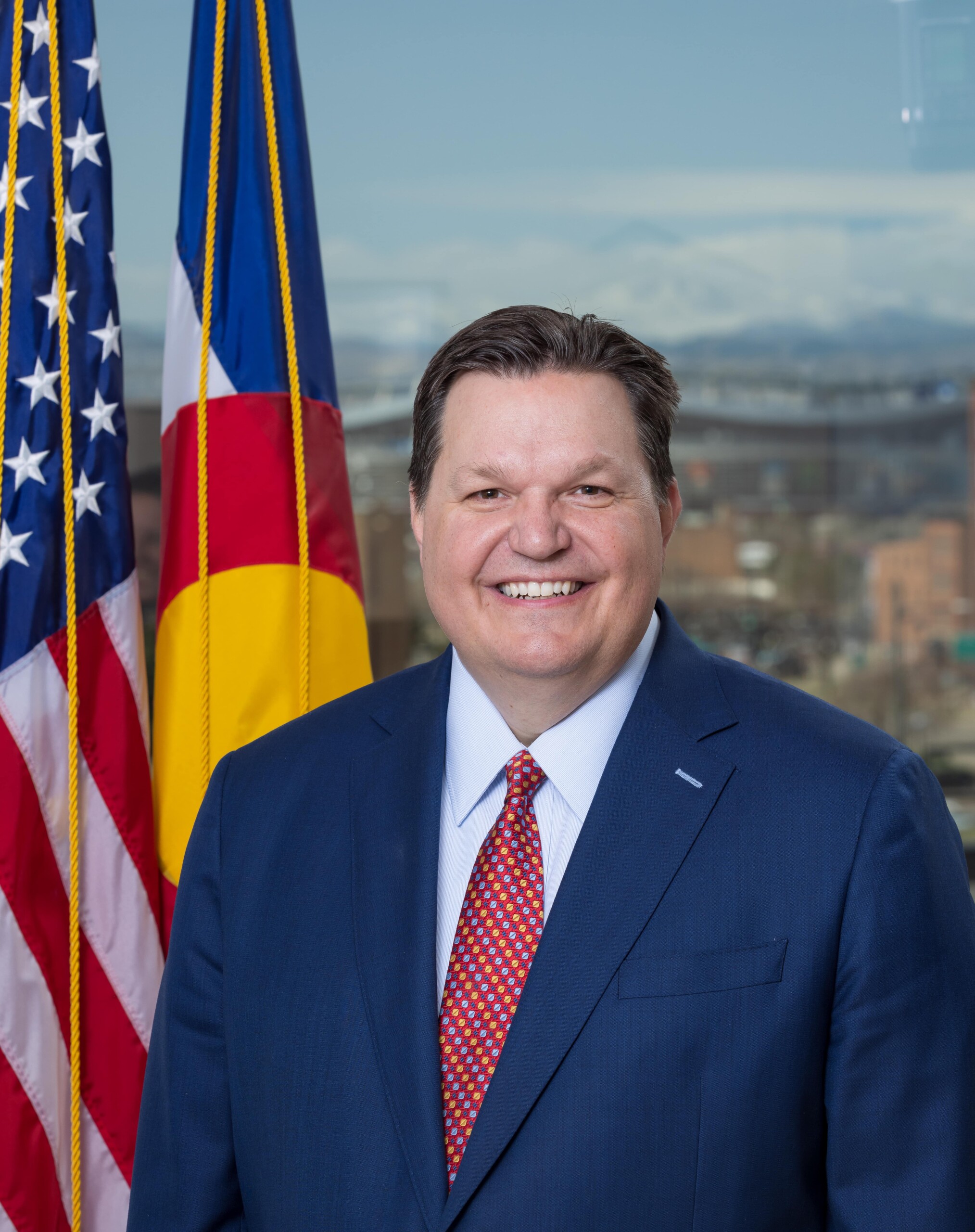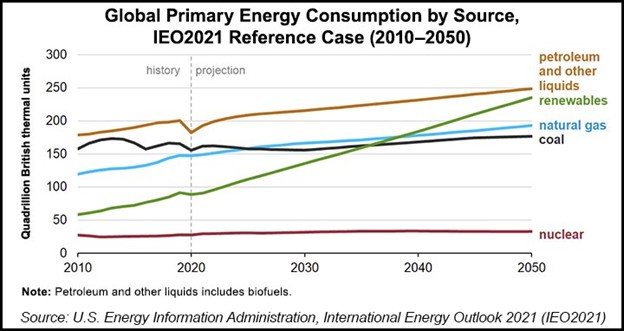Coloradans are feeling the consequences of recent elections: higher costs, higher crime, more red tape and new regulations on just about everything we do. The inflation in Colorado is getting out of hand.
When voters turned out in November, they were faced with 11 statewide ballot measures, more than 150 state and local races, plus local ballot initiatives. Voters also faced a real challenge — finding reasonable candidates from either party who support economic empowerment for all Coloradans, or candidates willing to sacrifice Colorado’s traditional political pragmatism on the altar of ideological extremes.
Colorado by and large had a ‘blue wave’. Heading into election night in Colorado, experts and officials had predicted that the Democrats’ majority in both the state House and Senate would narrow, especially with poll after poll showing staggering inflation in Colorado and soaring cost of living as top concerns in the lead up to the midterms. Instead, Democrats narrowly won some closely watched — and heavily financed — legislative races across the state, padding majorities in both state chambers and easily winning all statewide offices.
READ: The Colorado General Assembly Is Open for Business — What Should Employers Expect in the 2023 Legislative Session?
Most winning candidates promised they would reduce costs and increase affordability. “We will save Coloradans money,” they touted. They would restore our cities, protect our families and rebuild our economy post-Covid. But just look at the major bills that have come so far and ask yourself if any of them actually restore communities or reduce the price of anything:
- Rent control (which has made housing scarcer and more expensive everywhere it’s been tried) would have been laughed out of the Capitol a year ago. It’s now passed the State House.
- The flexible scheduling employees requested post-Covid was nearly made illegal under the guise of creating a “Fair Work Week.”
- The healthcare system that was so resilient through Covid is now the target of State control and unfair competition – the state’s more expensive plans are algorithmically promoted ahead of lower-cost private plans (that doesn’t save money), while elsewhere the state’s attempting to prohibit funding for outpatient hospital care. It doesn’t save people money when they have to drive to Denver for care because their rural hospital was shuttered by state rules.
- Clean, affordable natural gas is vilified and called unreliable (which is demonstrably false) — and they are, in fact, coming for your stoves (and boilers, and chillers, and light bulbs and lawnmowers – no joke). Rushing through mandated change doesn’t save people money.
- Hundreds of millions of dollars are dedicated to homelessness and substance misuse, and the problems are getting worse and more visible everywhere.
- Organized efforts to eliminate or minimize responsibility for committing what recently were considered serious crimes.
Controversial bills that significantly and radically change Colorado’s well-diversified and well-balanced economy are literally flying in from the coasts, written by national political ideologues and interest groups, and passing on party-line votes. And none of them are making anything less expensive.
READ: How the Inflation Reduction Act May Impact Your Business
As we reach the midpoint of the 2023 legislative session, the Denver Metro Chamber is calling on legislators and the Governor to slow down and more carefully consider whether they’re actually introducing legislation that “saves Coloradans money.” Are you making it easier or harder to live and work here? Are your economic plans coming from the small, medium and large Colorado businesses who are local Chamber of Commerce members, or are they coming from national interest groups who introduce the exact same no-compromise bills nationwide hoping to get a foothold anywhere they can?
We would assess that our legislators are too frequently acting as activists instead of pragmatists. They are still politicking and not really governing. Nuanced and precise debate on complicated and complex issues is degrading into pure party-line politics and poll-tested talking points. It’s kind of astonishing to see just how expensive it can be when the government tries to ‘save us money.’
Thus far, legislators are making Colorado less competitive by interfering too much in markets. They are increasing costs while attempting to defy basic market principles. Housing prices, crime and substance misuse are still going up, public safety is still challenged, and new pathways for litigation and division are being created. The 120-day constitutional limit on their session, and veto threats from the Governor, seem to be the only things that will stop them. We don’t agree with the Governor on every issue, but the legislative majority would benefit from his private-sector business background and market knowledge.
Contrary to virtually every press release title, inflation in Colorado is increasing across the board. Our government seem unwilling to acknowledge that basic economic laws still apply at altitude. Efforts at the Capitol to legislate, regulate and litigate every issue under the sun is only making it less affordable to live in our state and increasingly difficult to operate a business.
Coloradans understand the importance of a thriving, healthy economy; that employers care about their employees and that employees want their companies to succeed. Just 10 months ago, Colorado added some 500 new laws to the books and countless new regulations on top — some are still to be written. Before that ink is even dry, more than 400 new laws have been introduced this year already.
If you really want to save us money, give us all a chance to catch our breath and earn a little first. If there’s anything we can do to slow down inflation in Colorado, now is the time to do it.
 J. J. Ament is the president and CEO of the Denver Metro Chamber of Commerce.
J. J. Ament is the president and CEO of the Denver Metro Chamber of Commerce.

